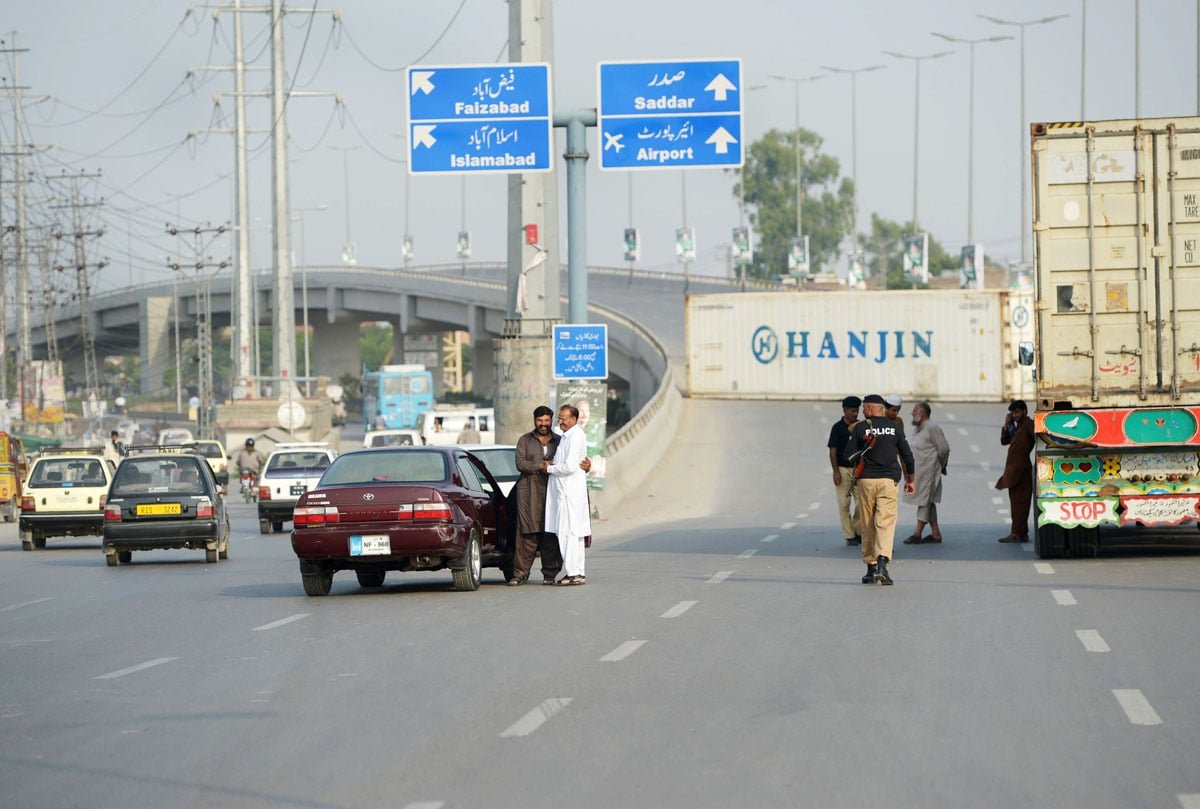Editorial
After months of volatility, the KSE-100 index has reached the significant 100,000 mark, a milestone not seen since 2017. This rally is largely attributed to attractive market valuations, with the stock market recovering from 40,000 in June 2023 to 100,000 in November 2024. The initial catalyst for this bullish movement was Pakistan’s successful avoidance of a sovereign default, thanks to the IMF’s Extended Fund Facility. Additionally, improving economic indicators, including a rise in foreign exchange reserves from $2.9 billion in May 2023 to over $11 billion, have helped fuel investor optimism.
A decline in global commodity prices, coupled with suppressed domestic demand, has led to a sharp reduction in inflation, which in turn caused a drop in interest rates. The 3-month T-bill rates have decreased from a peak of 23.8% to 13% over 15 months, with the KSE-100 index historically moving inversely to interest rates. However, despite this positive movement, the KSE-100’s current level remains less than 15% above its 2017 peak when adjusted for inflation.
While the market rise is driven by positive economic fundamentals, political stability is a crucial factor. The recent protests by the Pakistan Tehreek-e-Insaf (PTI) in Islamabad led to sharp market declines, but once the protests ended, the market quickly rebounded. Investors are more concerned with the continuity of policies rather than the political figures in power. The expectation that the current regime will remain in place for the next eight years, bolstered by the Special Investment Facilitation Council (SIFC), has encouraged market confidence.
Despite the current optimism, political risk remains high. The youth, comprising over 60% of Pakistan’s population, remains dissatisfied with the government and PTI leadership. This discontent, coupled with the lack of significant foreign or local long-term investments, suggests that while short-term gains may continue, the market’s long-term stability is uncertain.
Efforts to attract foreign investment through the SIFC have yet to yield significant results, and there are concerns that international pressure from Western powers, particularly with the potential shift in U.S. leadership, could further complicate the political and economic landscape. While the military’s role in quelling political unrest has stabilized the situation for now, the underlying crisis is far from resolved, raising questions about the sustainability of the current economic rally.















